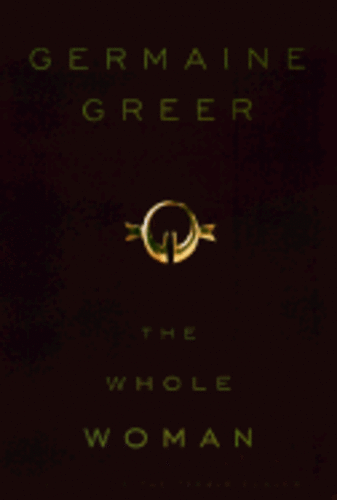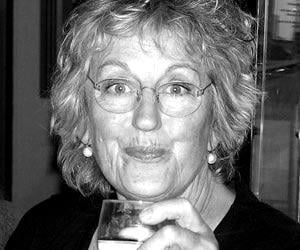

Despite her Catholic upbringing and her father's open antisemitism, Greer became convinced that her father was secretly of Jewish heritage. Peggy was a milliner and Reg a newspaper-advertising salesman.

He and her mother, Margaret ("Peggy") May Lafrank, had married in March 1937 Reg converted to Catholicism before the wedding.

She also learned he was christened Robert Henry Eric Ernest Hambert. Her father, called himself Eric Reginald ("Reg") Greer, he told her he had been born in South Africa, but she learned after his death that he was born Robert Hamilton King in Launceston, Tasmania. Greer was born in Melbourne to a Catholic family, the elder of two girls followed by a boy. The skyline of the Melbourne city centre is visible in the distance. Early life and education Melbourne Įlwood beach. It is a struggle for the freedom of women to "define their own values, order their own priorities and decide their own fate". "Women's liberation", she wrote in The Whole Woman (1999), "did not see the female's potential in terms of the male's actual." She argues instead that liberation is about asserting difference and "insisting on it as a condition of self-definition and self-determination". Her goal is not equality with men, which she sees as assimilation and "agreeing to live the lives of unfree men". Greer is a liberation (or radical) rather than equality feminist. In addition to her academic work and activism, she has been a prolific columnist for The Sunday Times, The Guardian, The Daily Telegraph, The Spectator, The Independent, and The Oldie, among others. Her 2013 book, White Beech: The Rainforest Years, describes her efforts to restore an area of rainforest in the Numinbah Valley in Australia. She has written over 20 books, including Sex and Destiny (1984), The Change (1991), The Whole Woman (1999), and The Boy (2003). Greer's subsequent work has focused on literature, feminism and the environment. An international bestseller and a watershed text in the feminist movement, it offered a systematic deconstruction of ideas such as womanhood and femininity, arguing that women were forced to assume submissive roles in society to fulfil male fantasies of what being a woman entailed. Greer's ideas have created controversy ever since her first book, The Female Eunuch (1970), made her a household name. Based in the United Kingdom since 1964, she has divided her time since the 1990s between Queensland, Australia, and her home in Essex, England. Specializing in English and women's literature, she has held academic positions in England at the University of Warwick and Newnham College, Cambridge, and in the United States at the University of Tulsa. Germaine Greer ( / ɡ r ɪər/ born 29 January 1939) is an Australian writer and public intellectual, regarded as one of the major voices of the radical feminist movement in the latter half of the 20th century. Recorded August 2007 from Bookclub, BBC Radio 4


 0 kommentar(er)
0 kommentar(er)
